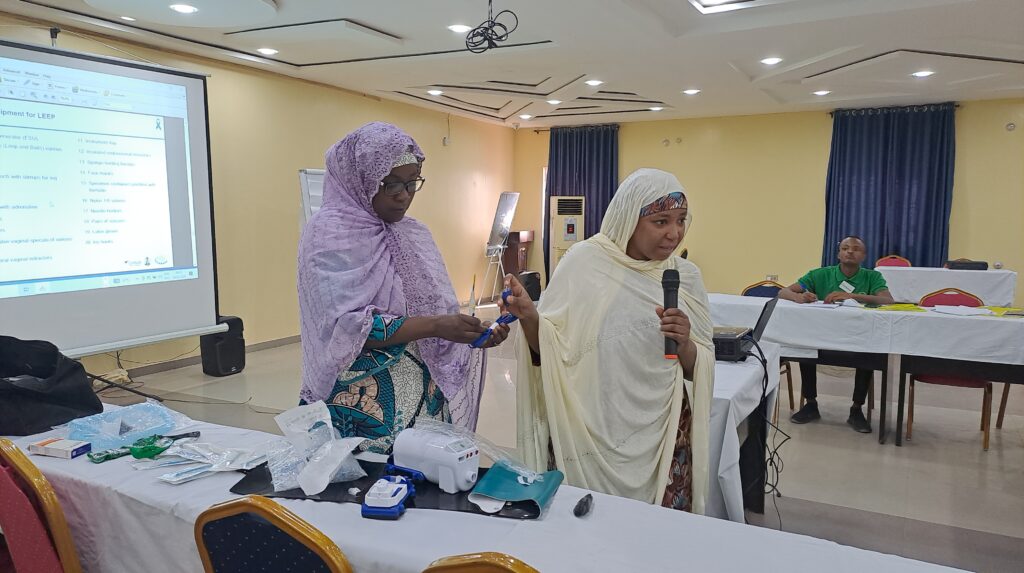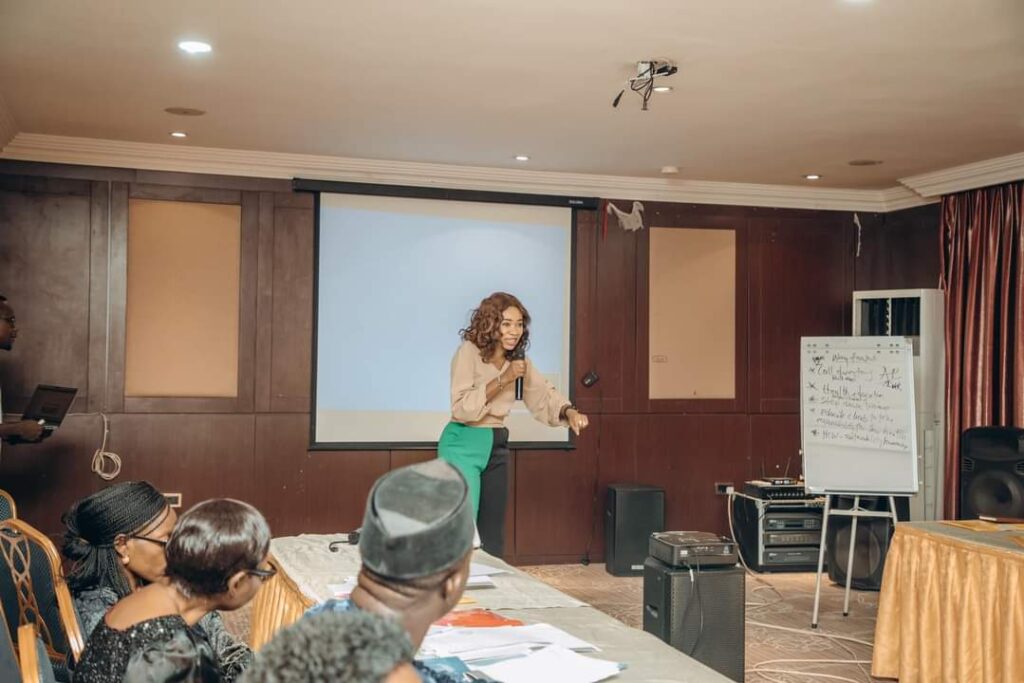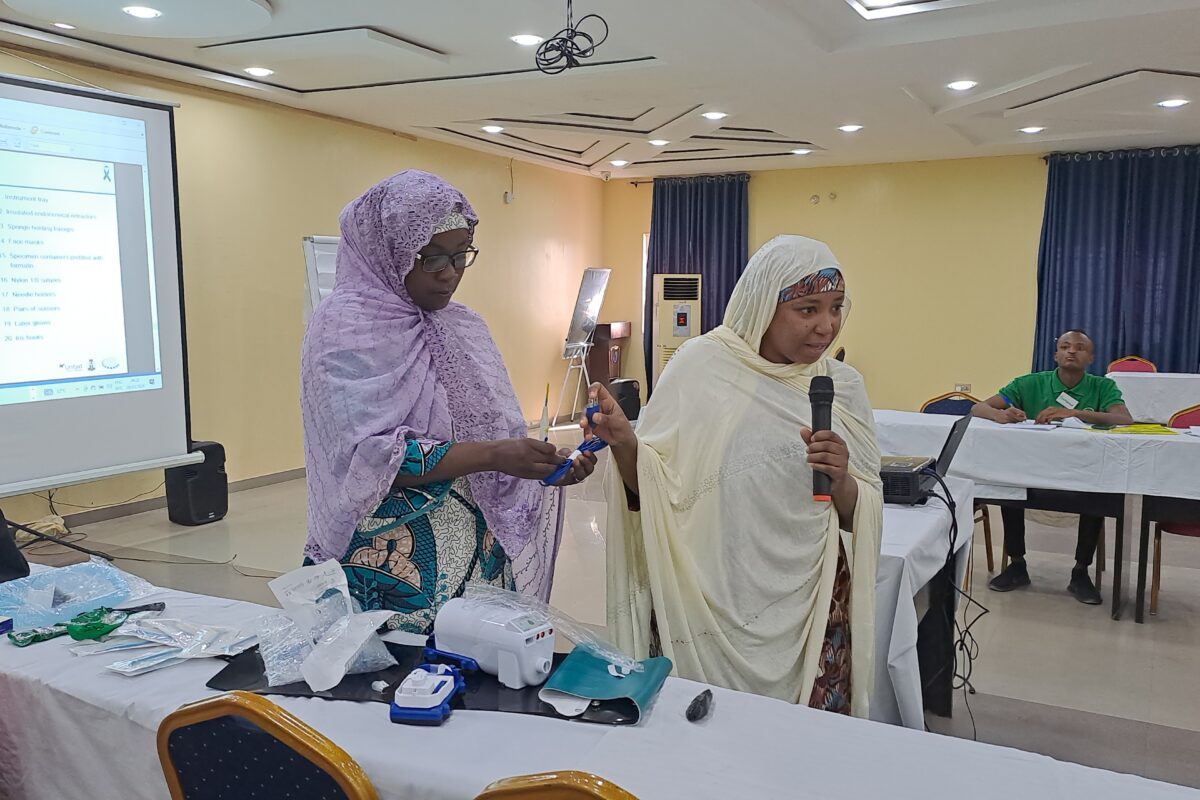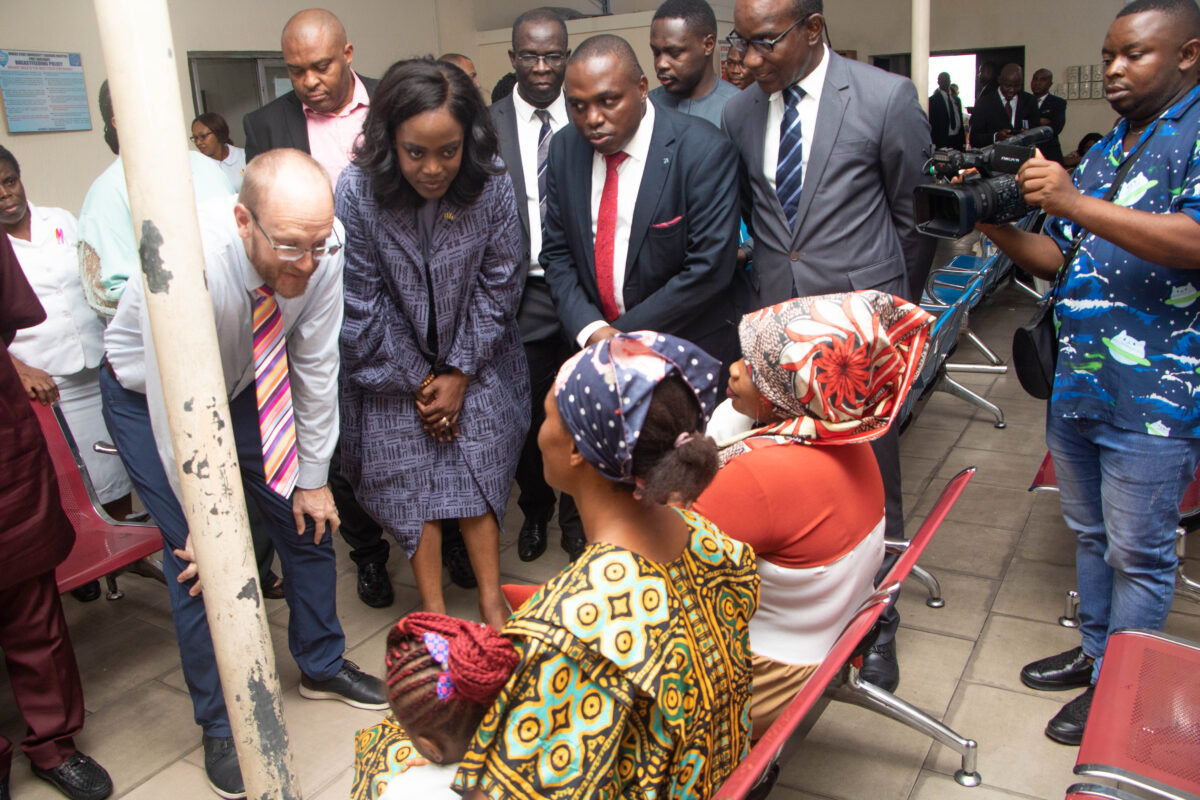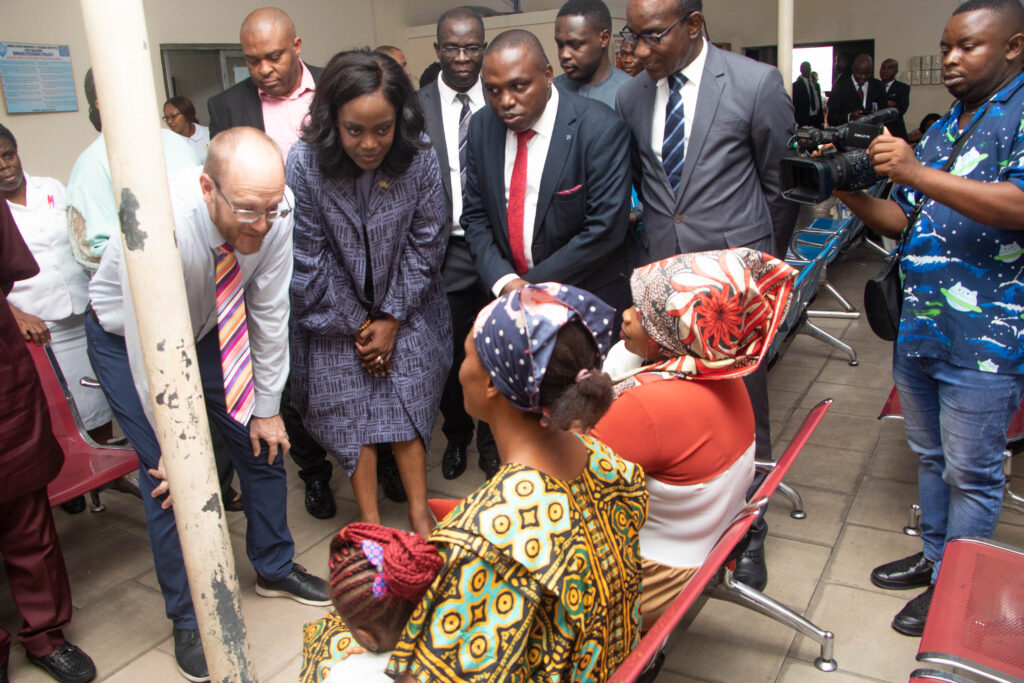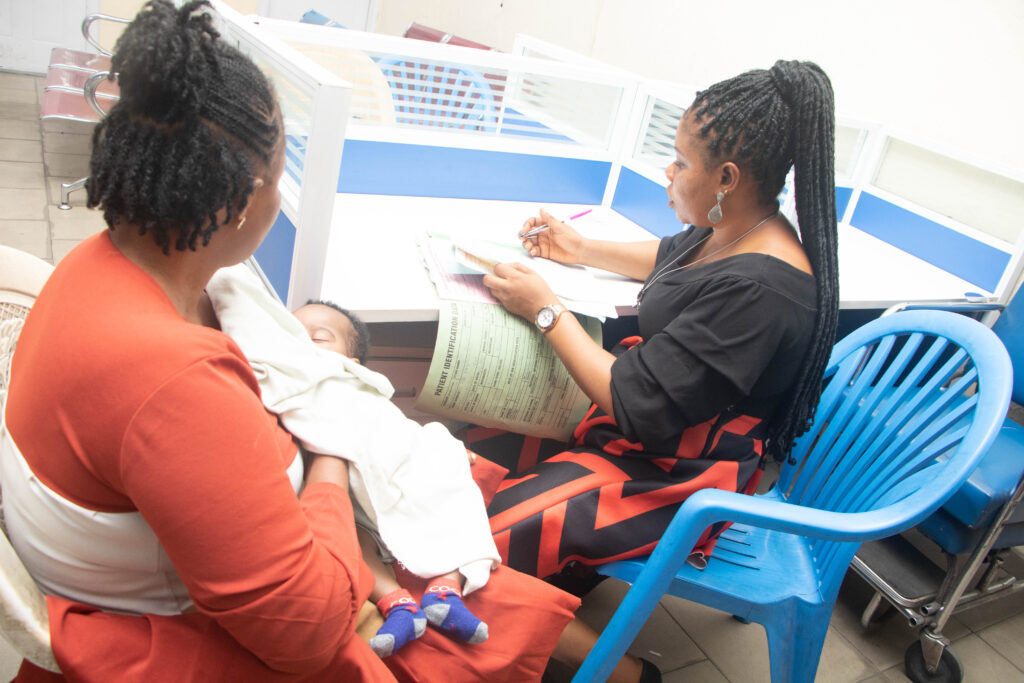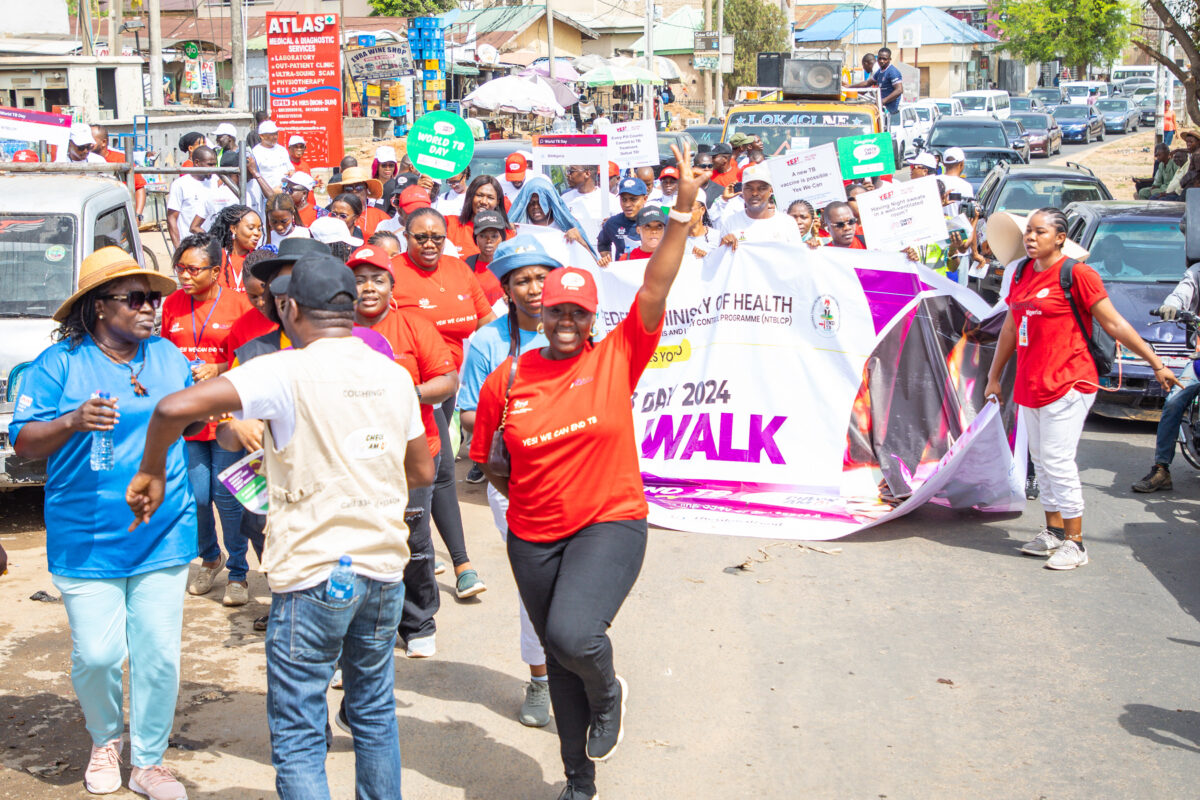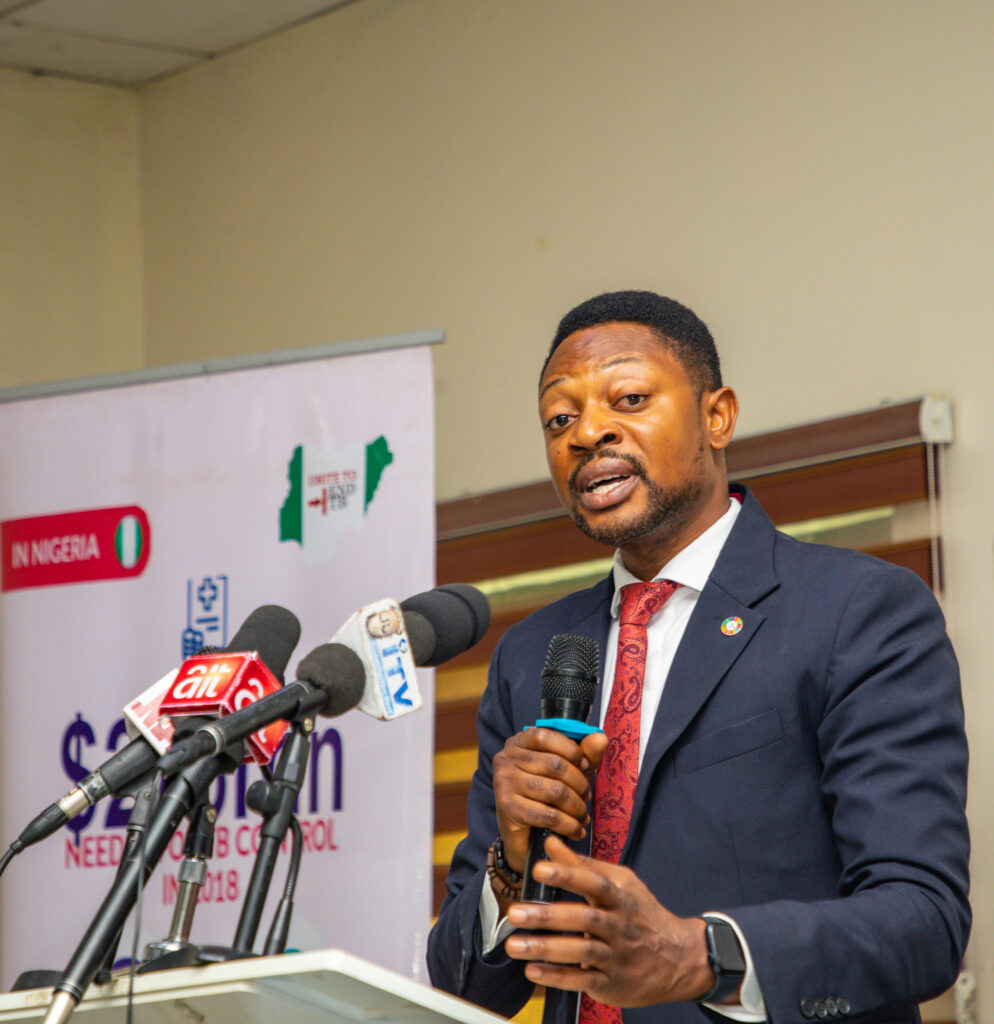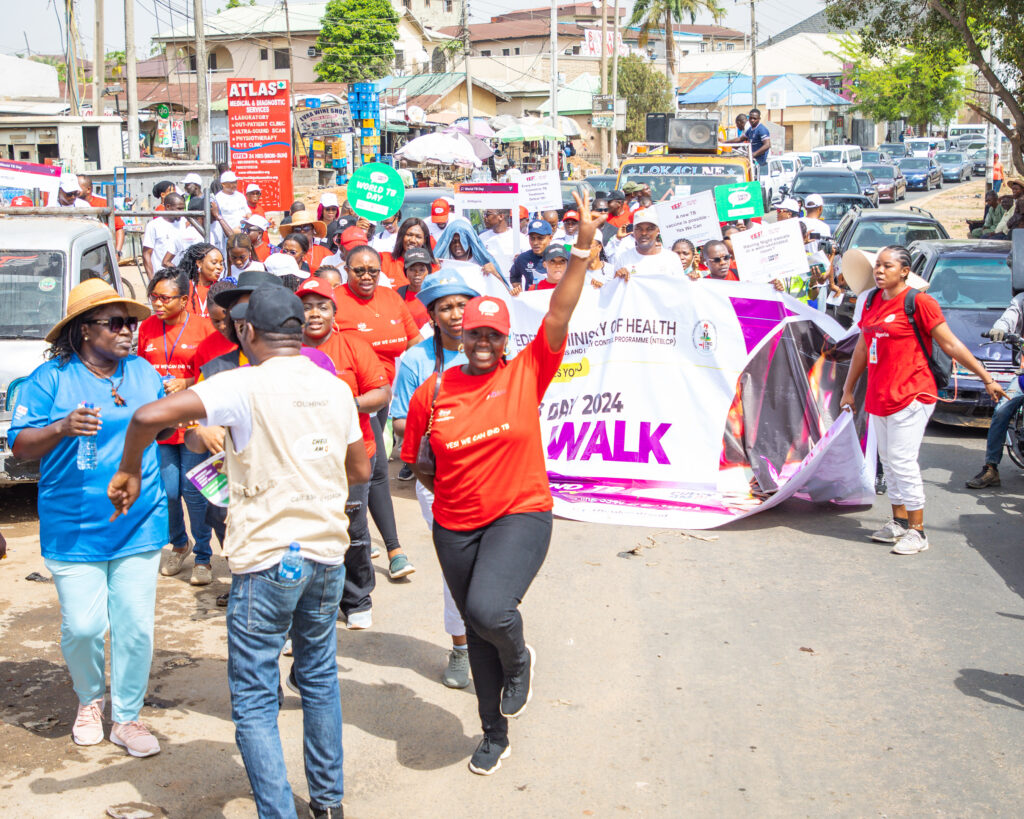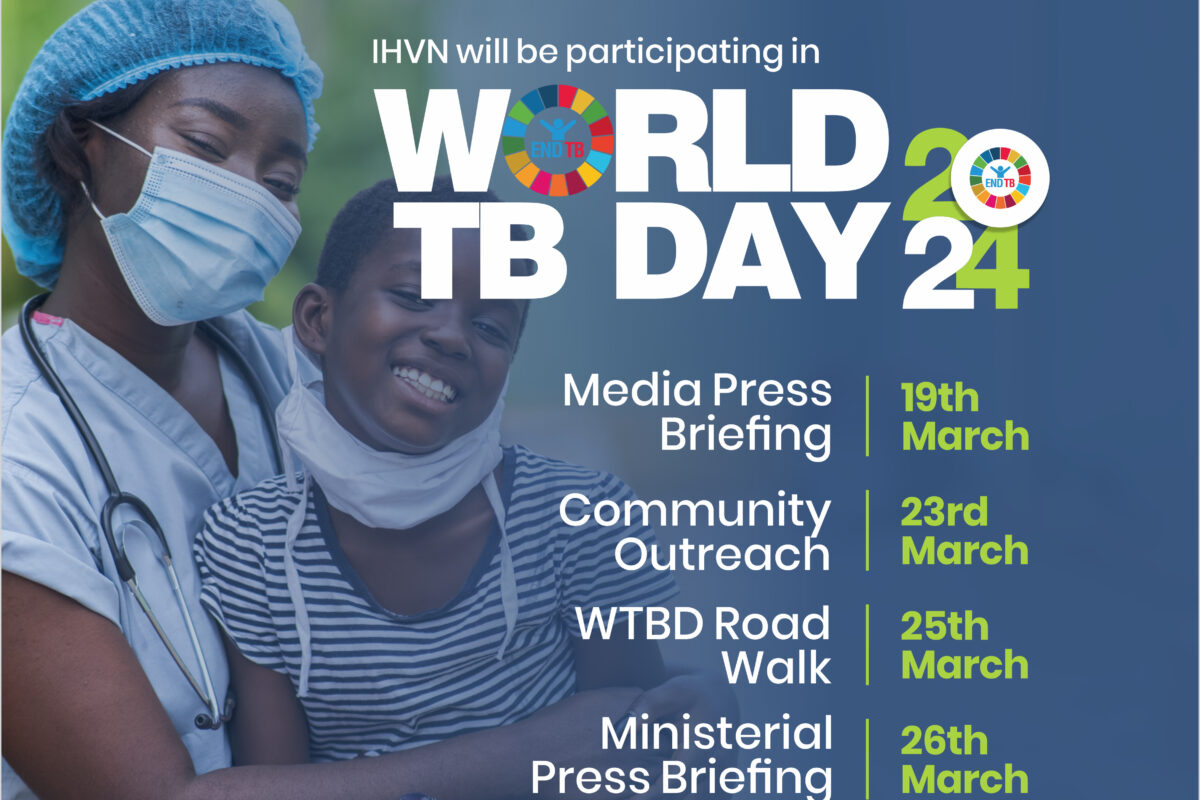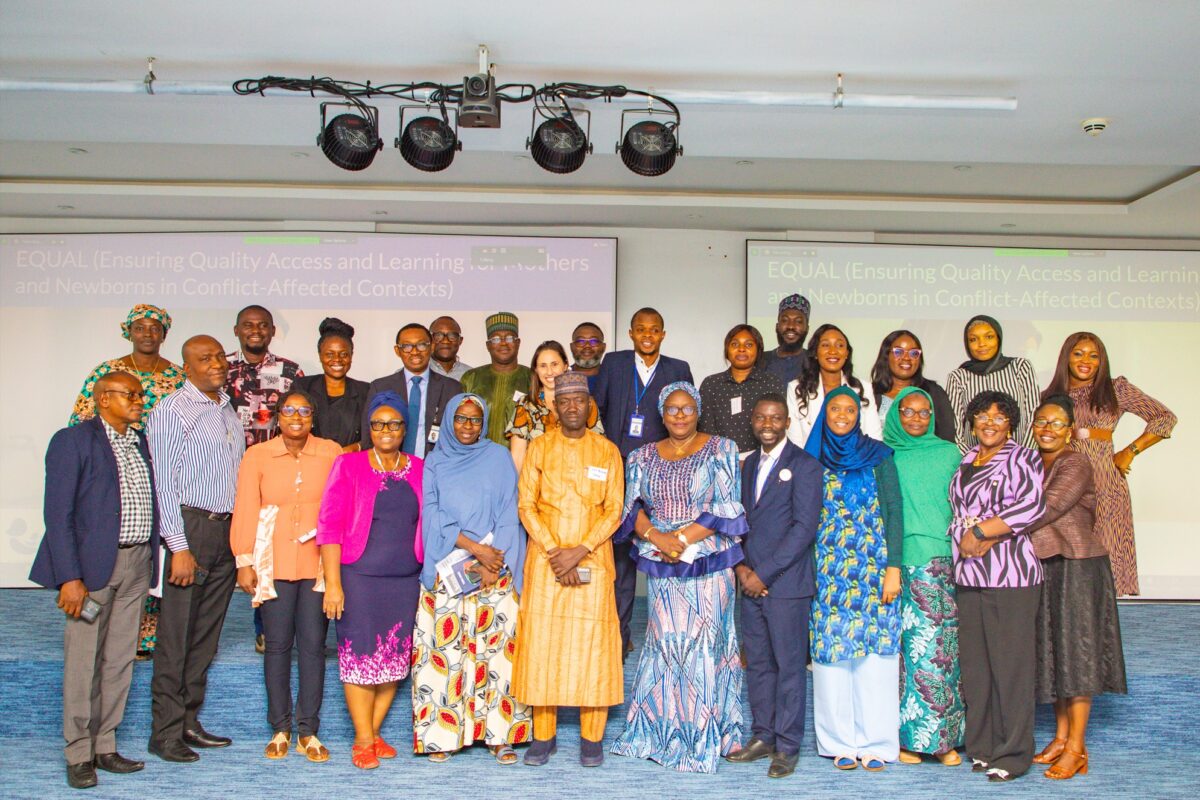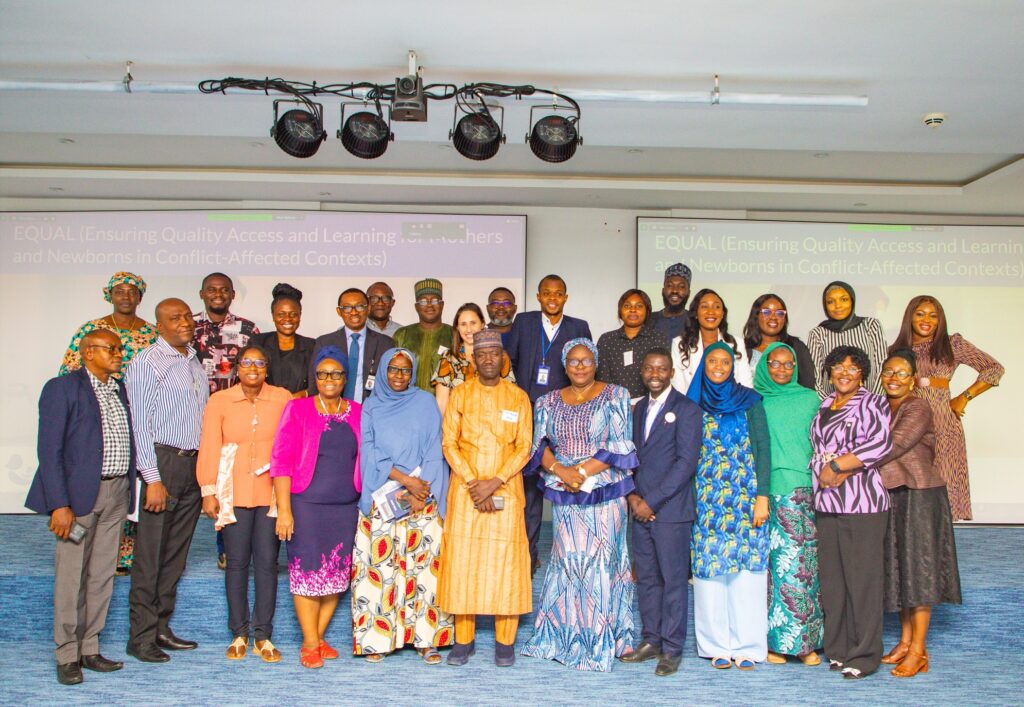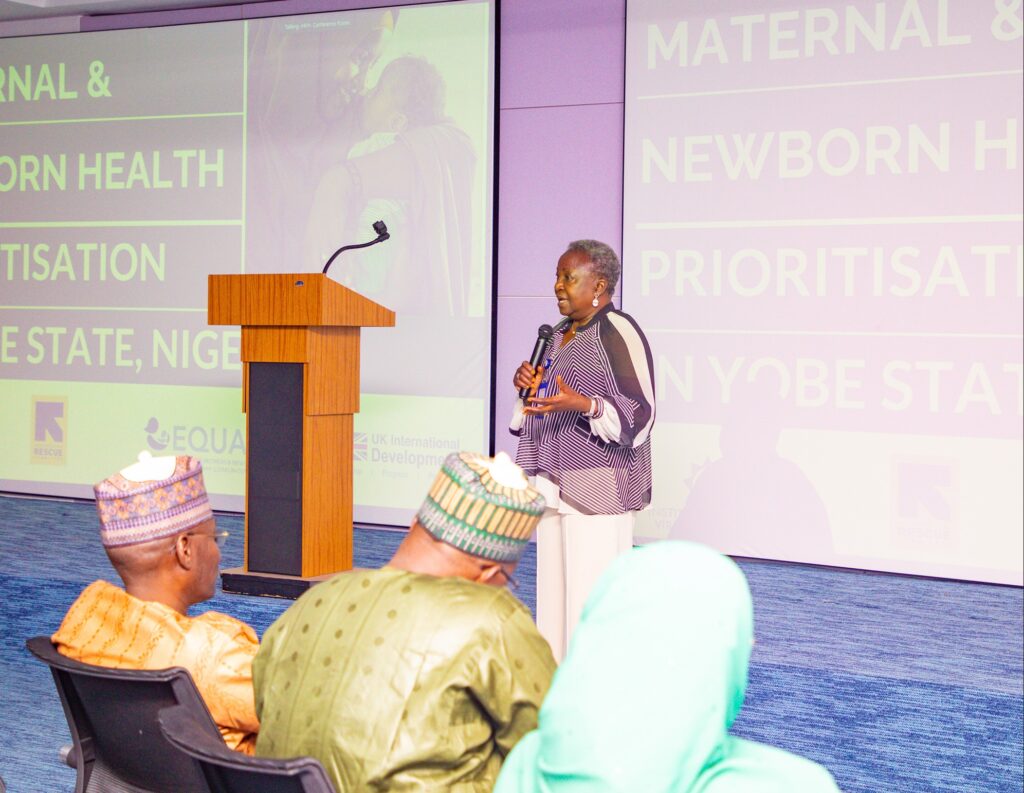To equip healthcare workers with the knowledge and skills for prevention and management of cervical pre-cancerous lesions, the Institute of Human Virology Nigeria (IHVN) has trained 63 health workers in the FCT, Katsina, Nasarawa, and Rivers States.
During the three-day training, participants engaged in practical demonstrations on the use of Loop Electrosurgical Excision Procedure (LEEP) machine in managing pre-cancerous cervical lesions. Trainees, including doctors and nurses, built their capacity on cervical cancer treatment methods and screening in a see-and-treat program, infection prevention, as well as sterilization. They are to step down the training to others in their health facilities for improved screening and treatment of precancerous lesions among Women Living with HIV (WLHIV)
IHVN Program Manager, Dr. Victoria Igbinomwanhia said that the training is important in building the capacity of health care workers in facilities supported by IHVN across all four States in the screening and treatment of WLHIV.
“Women Living with HIV are six times more predisposed to cervical cancer compared to non-WLHIV. The training provided these professionals with the required skills to identify precancerous lesions and promptly treat using either the thermo-ablation or LEEP machine depending on the location and extent of the lesion. This ensures that eligible WLHIV between the ages of 25 and 49 years who receive care and treatment at the ART clinics are provided screening yearly. This Is a component of the HIV comprehensive care package to improve the quality of life and reduce mortality in already stable WLHIV,” she said.
According to Dr. Igbinomwanhia, the next steps following the training include distribution of LEEP machines to all four States, step-down training to other facility staff championed by the trained participants, continued onsite mentoring and supervision and immediate treatment of all clients identified with precancerous lesions amenable for treatment with the LEEP machine.
Dr. Oluseyi Asaolu, who participated in the FCT training, said that the training was beneficial and looks forward to stepping it down to resident doctors “The most important thing is scaling it down to others who can use the equipment regardless of who is on duty.” Another participant, Mrs. Aisha Haladu from Kastina State, said that utilizing the LEEP machine would benefit clients who would ordinarily be unable to afford cervical cancer screening.
